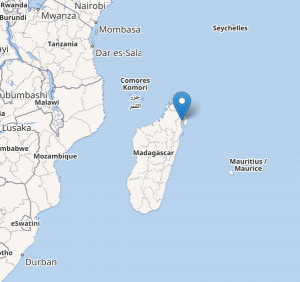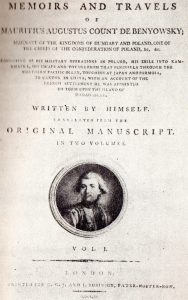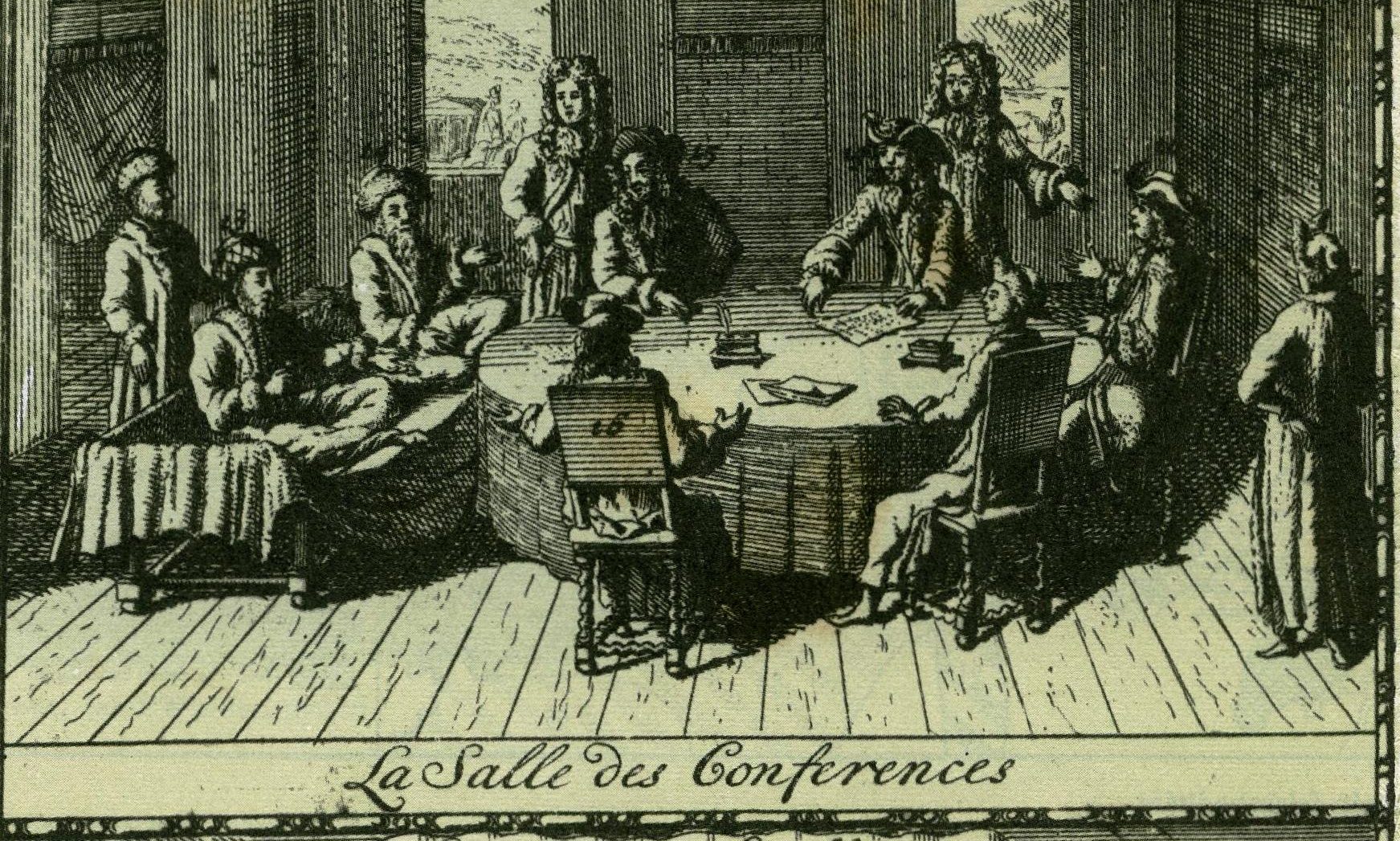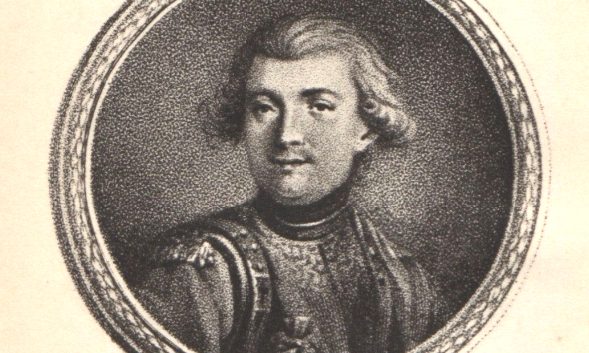Two hundred and fifty years ago, Móric Benyovszky, a Hungarian adventurer, founded the city of Louisbourg (nowadays Maroantsetra) on Madagascar on the orders of the French monarch Louis XV.
The Magyar Nemzet article asks whether Benyovszky was a colonial conquistador or a great civilizer, as is generally believed today. His diary reveals that he won the island near the southern tip of Africa for himself (and France) not by the dominance of Europeans but by cooperating with the local indigenous inhabitants. This is evidenced by the fact that in 1776, the nobleman born in today’s Slovakia, formerly Northern Hungary, was chosen by the Madagascans to be their “king”.

Location of Louisbourg. Picture: Wikimaps
The French aim in establishing a trading post on the island was, as Benyovszky writes in his diary, “to secure the material existence of the Isle de France and Bourbon Island, or to establish new branches of trade, and to find a means of subsistence for a certain number of men to serve in India in case of war.”
For the barter agreement with the locals, Benyovszky asked for three things: “First, that a treaty of friendship and alliance should be signed, and that the necessary land for settlement be handed over, and also that the inhabitants of the island be allowed to sell land to any French national who might wish to settle among them. Secondly, permission to build hospitals and warehouses in the interior of the country, near the headwaters of the Tingballe river […] And thirdly, to undertake to protect the property of the colony.”
The natives welcomed his offer but demanded that he swear an oath affirming he had no authority over them, only pledging to support them as a good friend against their enemies.
In the process of exploring the island, he naturally had conflicts with the local tribes, but he knew that to achieve his goals, the colonists needed peace. His memoir includes a record of peace proposal in line with the civilizer’s economic and commercial ambitions.

Title page of Benyovszky’s memoires. Picture: Wikipedia
Benyovszky sees the higher context, the general interests of trade, as opposed to the particularistic views of the chiefs, which are determined by emotions.
This is the essence of the Hungarian world traveler’s memoirs (and, of course, the letters and accounts of many other pioneers). Colonialism in this sense was not the extermination of the natives but rather peace-building, not plundering but rather the introduction of new concepts of production and trade, not enslavement but rather the freeing of slaves to participate in new systems of production, not destruction but the eradication of barbaric customs, not white oppression but the building of civilization with a far-reaching vision.
It is clear from his report that French colonialism was successful in Madagascar because it benefited the natives.
Móric Benyovszky was a civilizer, a child of the Enlightenment, and familiar with modern social organization. We can be proud that through his work, we, Hungarians have been able to contribute to this development.
Fact
Móric Benyovszky (1746-1786) was born in Verbo (now Vrbové, Slovakia) and went on extraordinary adventures. He was taken prisoner during fighting for Poland and lived in exile in Kamchatka before escaping back to Europe via Macau and Mauritius. In 1773 he struck a deal with France to establish a trading post in Madagascar and faced daunting challenges. He later joined the Austrian army, ventured to America and raised finance to return to Madagascar. But his efforts were thwarted by the French governor of Mauritius, leading to his untimely death in 1786.

